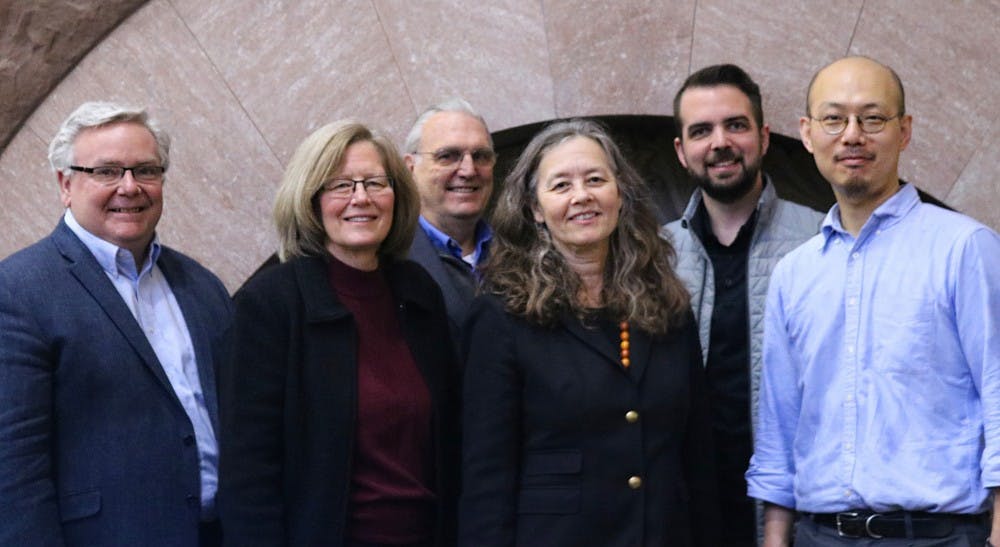When Libby Gress started as an undergraduate at IU, she sometimes felt lost in what she wanted to do and what to expect from classes.
Part of her wanted to study cognitive science, her major at the time. Part of her wanted to go to law school. Part of her just wanted to get the required math classes out of the way.
As a freshman, she had to take MATH-M 119: Brief Survey of Calculus 1. She said she studied hard and regularly attended her professor’s office hours. Her professor told her she was prepared for exams.
She planned on getting an A, or at least a B. But that didn’t happen.
“I’d chalk it up to performance anxiety at the end,” she said. “It turns out math wasn’t my forte.”
Gress is one of many students who have experienced what IU researchers call “grade surprise.” Grade surprise happens when a student receives a different grade in a class than they were expecting.
IU is one of a dozen universities to receive a grant from the Association of American Universities to improve undergraduate education in STEM fields. IU will study the effects of grade surprise and how to help students better prepare and communicate with professors. The grant provides $20,000 over two years.
The research includes a group of large general education courses at IU and their respective faculty members and students. The faculty members plan to analyze GPA and SAT data and responses from frequent student surveys.
Jennifer Meta Robinson, a professor in the Department of Anthropology and the project evaluator for the study, said she has often seen her own students experience grade surprise.
“It can be, ‘Wow I got a better grade than I expected,’” she said. “Or it can be, ‘Darn, I thought I would do better.’”
Robinson said the Association wants universities to research STEM majors specifically, but IU is expanding to other classes because grade surprise affects all majors.
The study includes Robinson’s interpersonal communication class, a social and historical general education creditand other introductory STEM courses in fields such as chemistry and computer science.
The study targets these courses because they are composed of mostly freshmen and sophomores. Robinson said she suspects these students experience grade surprise most because they are still adjusting from high school.
“Everyone has a little uncertainty when they start a course, but I think it’s especially hard for first-year students,” she said.
Robinson said she and other faculty members hope to discover whether certain courses give students particular trouble.
Informatics student Anna Heine said she has heard many students have trouble with finite, which is often required. Her roommate ultimately retook the class at a community college, she said.
But not all students have had the same experience. When the time came for Gress to take MATH- M 118: Finite Mathematics, she was worried after her experience with calculus. But she started attending office hours right away, she said, and had conversations with her professor about her life instead of just her grades. She ended with an A in the class.
Gress is now a graduate student studying human-computer interaction at IU. She said she was only able to get where she is now from the help of her professors.
Robinson said professors can play a significant role in their students' success. She said she wants to give students opportunities to provide feedback throughout the semester, beginning right after the first exam or significant assignment.
After the research is conducted, Robinson said, the faculty members want to share their findings with all students so they can know what to expect going into certain courses or declaring a major. Then students will know how to better prepare and can feel less alone if they are struggling in a course, she said.
“You know, this is hard. This is college,” she said. “Some students think they’re the only ones, but this way maybe people will feel less like outliers.”



